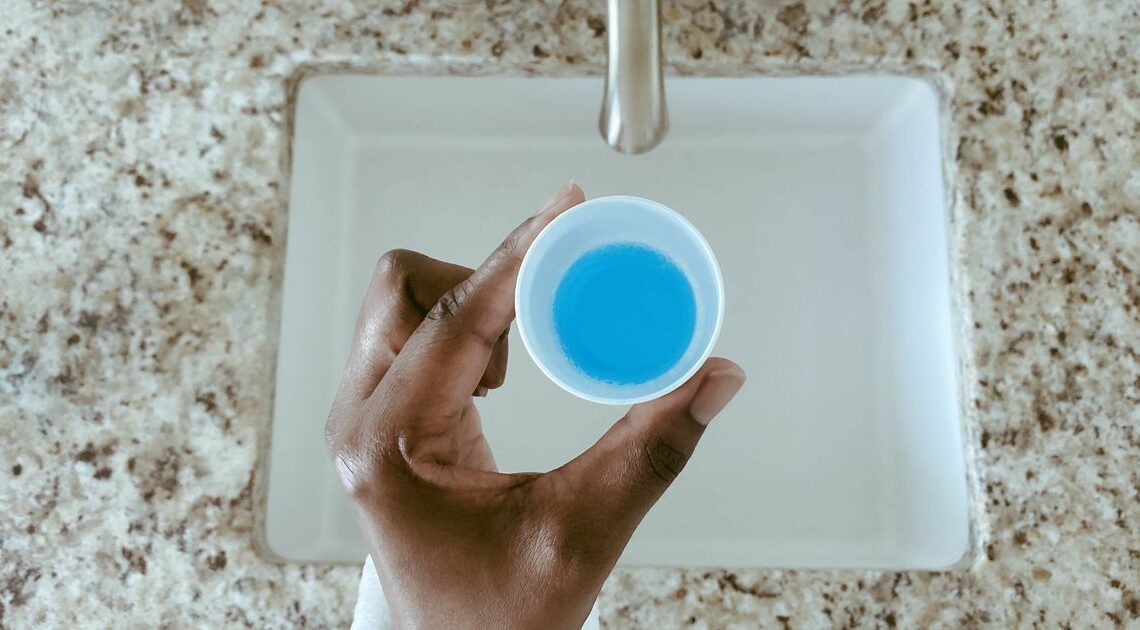In the grand scheme of things, two and half years isn’t that long ago — but in the timeline of COVID-19, it’s a lifetime ago. Experts have learned a lot about the virus and its treatments since that time. Additionally, our pandemic world looks completely different than it did then.
Back in 2021, a few studies and meta-analyses looked into the use of mouthwash as a potential way to decrease your risk of spreading and catching COVID-19. The results were mixed, but there was some evidence that mouthwash could reduce the amount of virus in your mouth.
Anecdotally in our own lives, some people also mentioned that they use this method when they travel to help ward off illness. And when you’re in close quarters like an airplane, it can feel really tempting to do everything possible to stay healthy before, during and after a big trip.
So, what do experts think of using mouthwash to protect you from getting COVID-19? Should you reach for some mouthwash the next time you’re getting on a plane? Sadly no, probably not. Here’s why:
Since most of these studies are done in a lab, it’s hard to know the real-world implications.
“Many of these studies are done most often in a petri dish or in a lab,” said Dr. Nicholas Rowan, the clinic director of otolaryngology at Johns Hopkins Medicine.
While you can take a substance that is theoretically toxic to the virus and kill the virus in a lab or petri dish, it’s much harder to measure these results in the real world. So, it’s also hard to understand how effective something like mouthwash as a COVID mitigation strategy can be, according to Rowan.
“I think this is a trend that we see over and over again in science … just because something worked in a lab, in a very controlled experiment, doesn’t always mean it’s going to translate into the real world,” said Chana Davis, a geneticist and science communicator at Those Nerdy Girls. “And this just really hasn’t yet been proven to move the needle in the real world.”
While most studies have taken place in a lab, research from this year actually measured results in people with a COVID-19 infection.
“There is one trial that was done in people that had COVID … they found a modest decrease in viral levels in the mouth, but with unclear clinical implications,” Davis said.
The study itself stated that “further studies are needed to corroborate these results and investigate whether the observed reductions in viral load and infectivity could translate…
Click Here to Read the Full Original Article at Travel – Top Destinations, Vacation Ideas…
